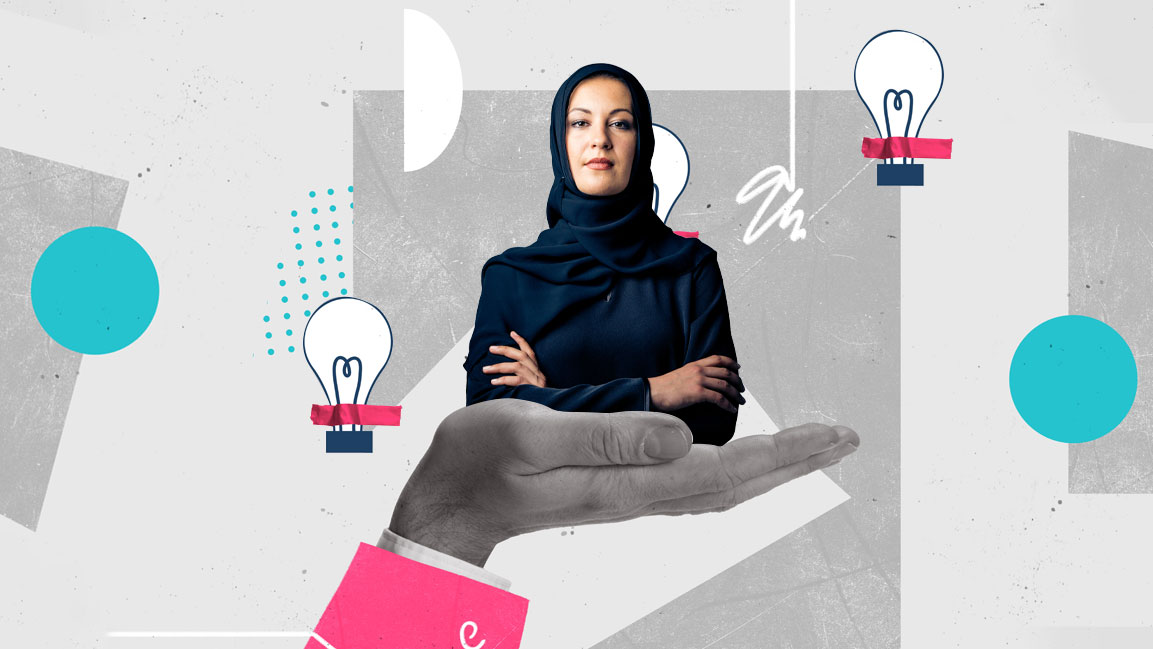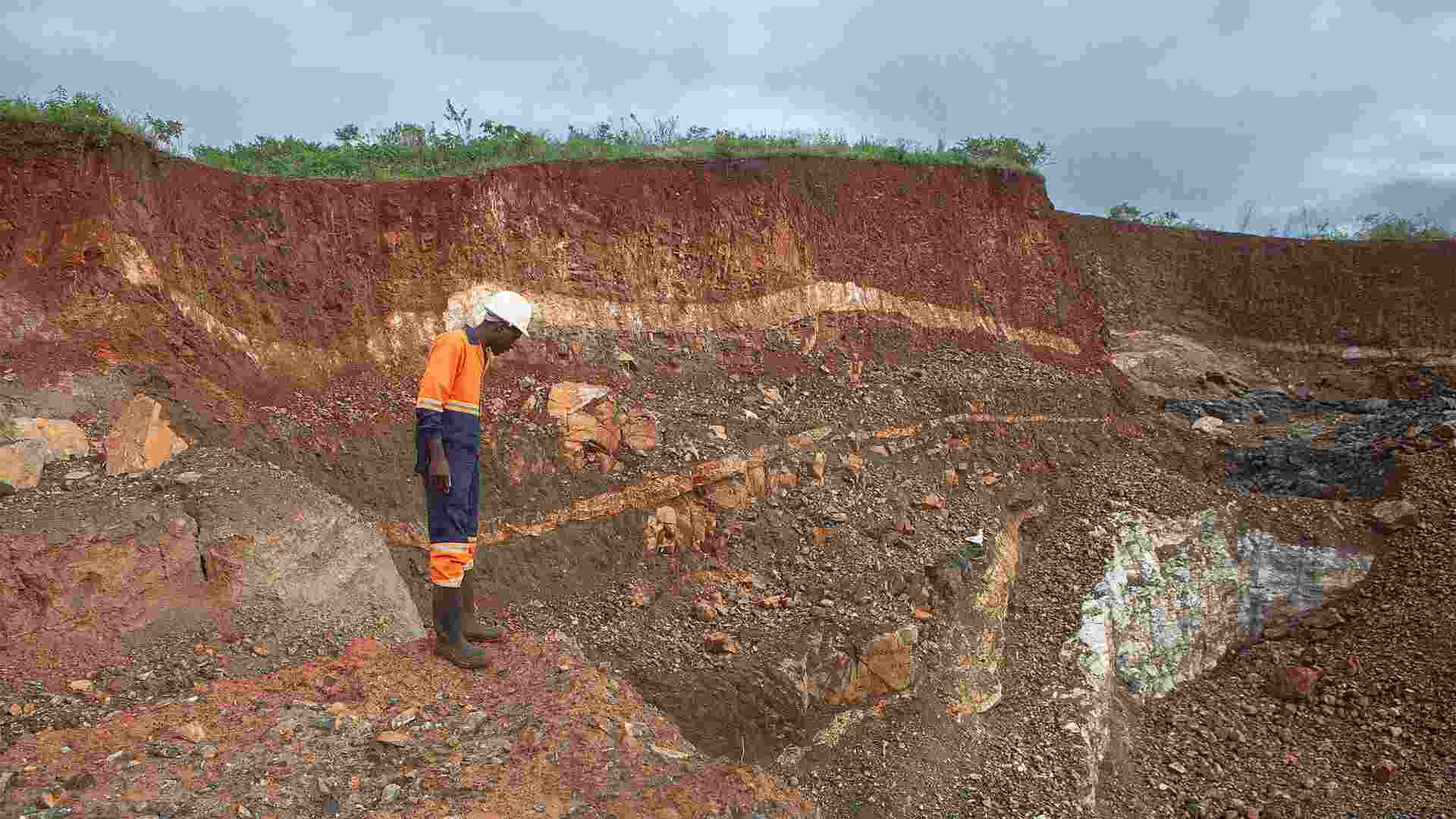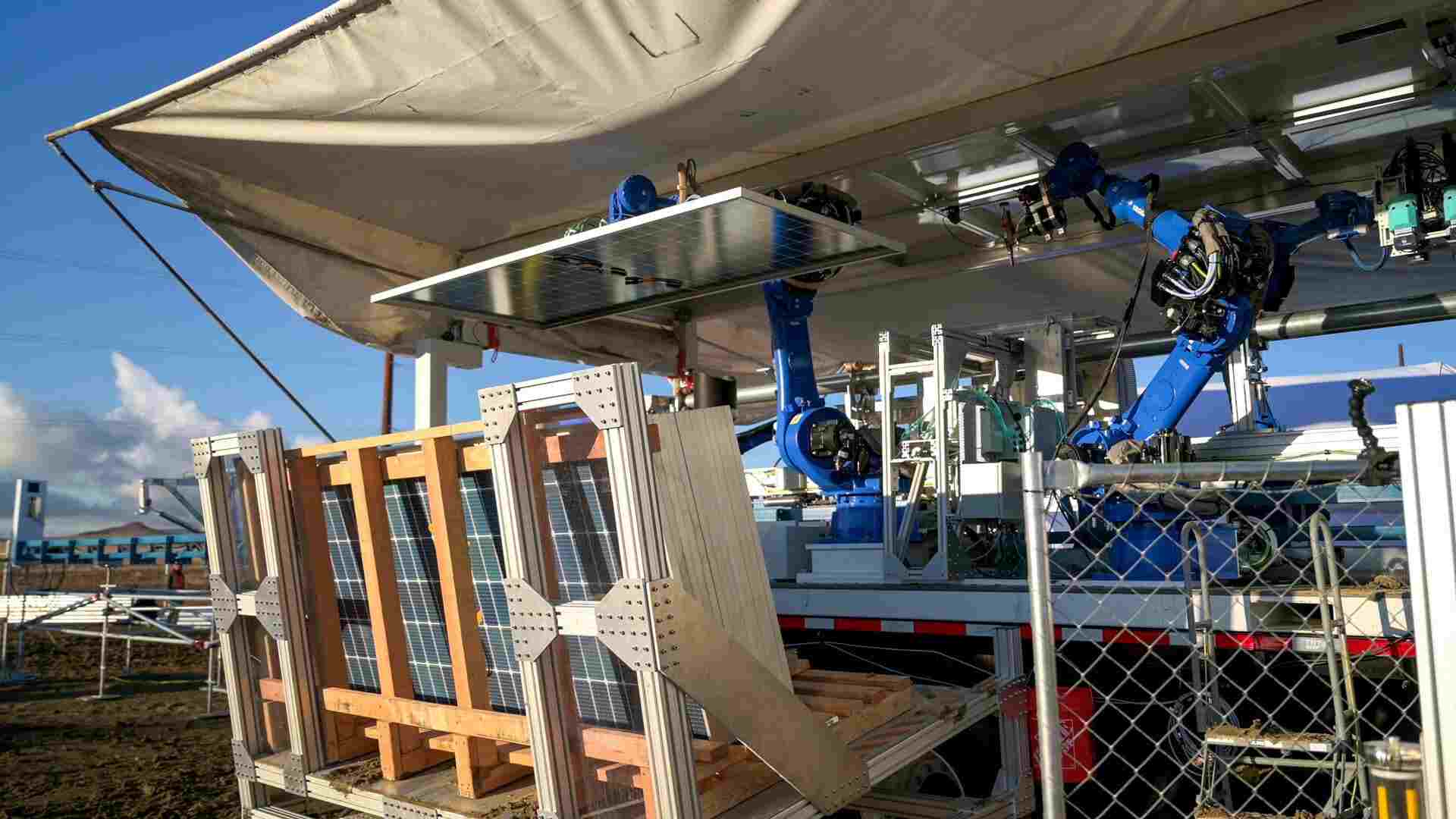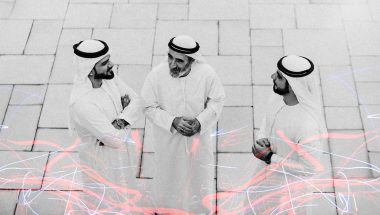- | 9:00 am
Arab women mean business, but are they getting support?
If women aren’t backed in business, the MENA region is going to lose out on a huge amount of potential economic prosperity, say experts

Try again. Fail again. Fail better. These are the golden words of Samuel Beckett, inspiring generations of entrepreneurs. But do women entrepreneurs have the luxury to try, fail and start again? Not easy when their pitches are subject to greater interrogation by investors, and they have to fight harder to prove their worth.
A common refrain among Arab women entrepreneurs is that if women aren’t backed in business, the Middle East region will lose out on a huge amount of potential economic activity and prosperity that it needs.
“If we want the region to realize its vast potential, we need more women entrepreneurs. It’s as simple as that. Right now, we lose out on an estimated accumulated $2.7 trillion in productivity because women are underrepresented in the entrepreneurship space and the economy at large,” says Sammar Essmat, gender lead for the Middle East, Central Asia, and Turkey at International Financial Corporation. “If we can change that – and we can with the right policies – the economic gains would be massive.”
Echoing Essmat’s opinion on empowering women entrepreneurs, Samar Alshorafa, founding CEO of She is Arab, a platform dedicated to increasing the representation of Arab women in business leadership, says women have huge potential to add to the region’s economies. “We have all the statistics – McKinsey, Credit Suisse, PWC, WEF issued reports quantifying the opportunity cost of not having women’s full participation in the economy. We are talking about 50% of the population here. So much is at stake,” says Alshorafa.
Women entrepreneurs are undeterred as the region’s economy picks up pace, recovering from the pandemic. But a sense shared by every woman in business across the world, as they start a business or hustle to expand it, is support.
Supermodel-turned-businesswoman Tyra Banks, who will headline the inaugural session of the Access Granted talk series in Abu Dhabi, is looking to expand her ice cream brand Smize Cream, possibly in the UAE capital. She is part of the Women of Web3 delegation, an initiative by the Abu Dhabi Investment Office (Adio) and Maven Global to help US companies led by women entrepreneurs to expand in Abu Dhabi and serve as a gateway for the wider Middle East market.
The American businesswoman, who is in the early stages of building an ice cream empire and exploring Abu Dhabi as her “next chapter” in her business journey, comes to the Middle East when women are starting more companies than ever before.
But ironically, across the Middle East, just 5% of formal firms are led by women, according to the World Bank. For every entrepreneur, there are another six women who want to start a business but do not manage to achieve their goals. Many studies have found that women-led companies disproportionately attract less investment than those led by men. An OECD report revealed that female company founders receive 23% less funding than male founders, despite achieving 35% higher returns on investment and generating an average of 12% higher revenues than male founders. According to the World Bank, small and medium-sized enterprises led by women in the region have been struggling to access sufficient financing.
HOW CAN WOMEN BE BETTER SUPPORTED?
There are many women with exceptional and innovative ideas, but they hesitate when they see financial barriers. IFC research shows that the financing gap facing women-owned businesses in MENA stands at $38 billion.
Connecting women to venture capital funds and private equity players is crucial. “We truly need now for more women to become entrepreneurs is more gender lens angel investors and VC funds. We need more investments in women-owned businesses. When we have more women in leadership positions in finance and investment teams, we will have more women on panels selecting the entrepreneurs to support and invest in,” says Alshorafa.
What’s more, only 25% of private equity and venture capital firms in MENA have a gender-balanced portfolio. “Not only does this starve women entrepreneurs of financing, but it also deprives them of the advice and mentoring crucial to running a start-up,” says Essmat.
Legal reforms that prohibit gender-based discrimination in access to financial services, including loans, are also critical. “Those restrictions are unfortunately common across the region, though some states are doing away with them. For example, Iraq passed laws to make it easier for women to obtain credit last year. Such legislation is critical,” Essmat adds.
Experts emphasize that women entrepreneurs need to create peer-to-peer support networks, share advice and contacts, and explore collaborative opportunities. Women can form advocacy groups to push for policy changes that make it easier to secure finance, register their companies, and access government start-up support programs.
Despite challenges, women have proven to be resilient entrepreneurs. Recently, the Mastercard Index of Women Entrepreneurs exploring the progress of women entrepreneurs in 65 economies worldwide found Turkey, Egypt, Tunisia, and Saudi Arabia recording an increase in the Women’s Entrepreneurial Activity Rate. This is encouraging as it points to entrepreneurial optimism.
SUSTAINABLE, INCLUSIVE GROWTH
“We must focus on sustainable, inclusive growth to boost economic recovery across MENA – and that can only happen if we empower women entrepreneurs and support women-owned businesses. We must double our efforts in this part of the world to ensure we can reap the potential of women’s participation,” said Khalid Elgibali, Division President – Middle East and North Africa, Mastercard, in a statement.
According to the Global Gender Gap Report 2021, 61% of the gender gap has been closed in the MENA region. At current progress, it will take another 142 years to reach parity.
An initiative giving a helping hand to women entrepreneurs is She Wins Arabia. It’s a collaboration between the International Financial Corporation and Abu Dhabi Global Market (ADGM), working with women-led start-ups and businesses to build their business plans.
Engagement across the ecosystem to tackle access to funding and access to the market will be important if we are to improve the number of female founders across sectors, according to Miriam Kiwan, head of strategic partnerships at ADGM. “Women have a tremendous potential to impact our regional economic development, help achieve the UN development goals initiative in the coming decade and contribute to the industrial revolution 4.0 reshaping our social fabric. Closing the gender gap in tech entrepreneurship is crucial for our region to thrive.”
Going back to basics, Alshorafa says entrepreneurship needs to be embedded in the education system from the early school years. “There needs to be a foundation for it, which includes presenting role models and success stories from the region and elsewhere. On the other hand, entrepreneurship needs to be supported and encouraged within corporates.”
Diversity fuels innovation. Empowering women’s entrepreneurship will be a catalyst for growth and innovation, fueling a regional recovery that is more equitable and sustainable for everyone. “It’s difficult to be a woman entrepreneur, but many women are making their mark. Long-term, this is crucial for the region’s future. This region needs jobs. This region needs innovation. This region needs equality. Women entrepreneurs can help deliver all of those things,” says Essmat.






































